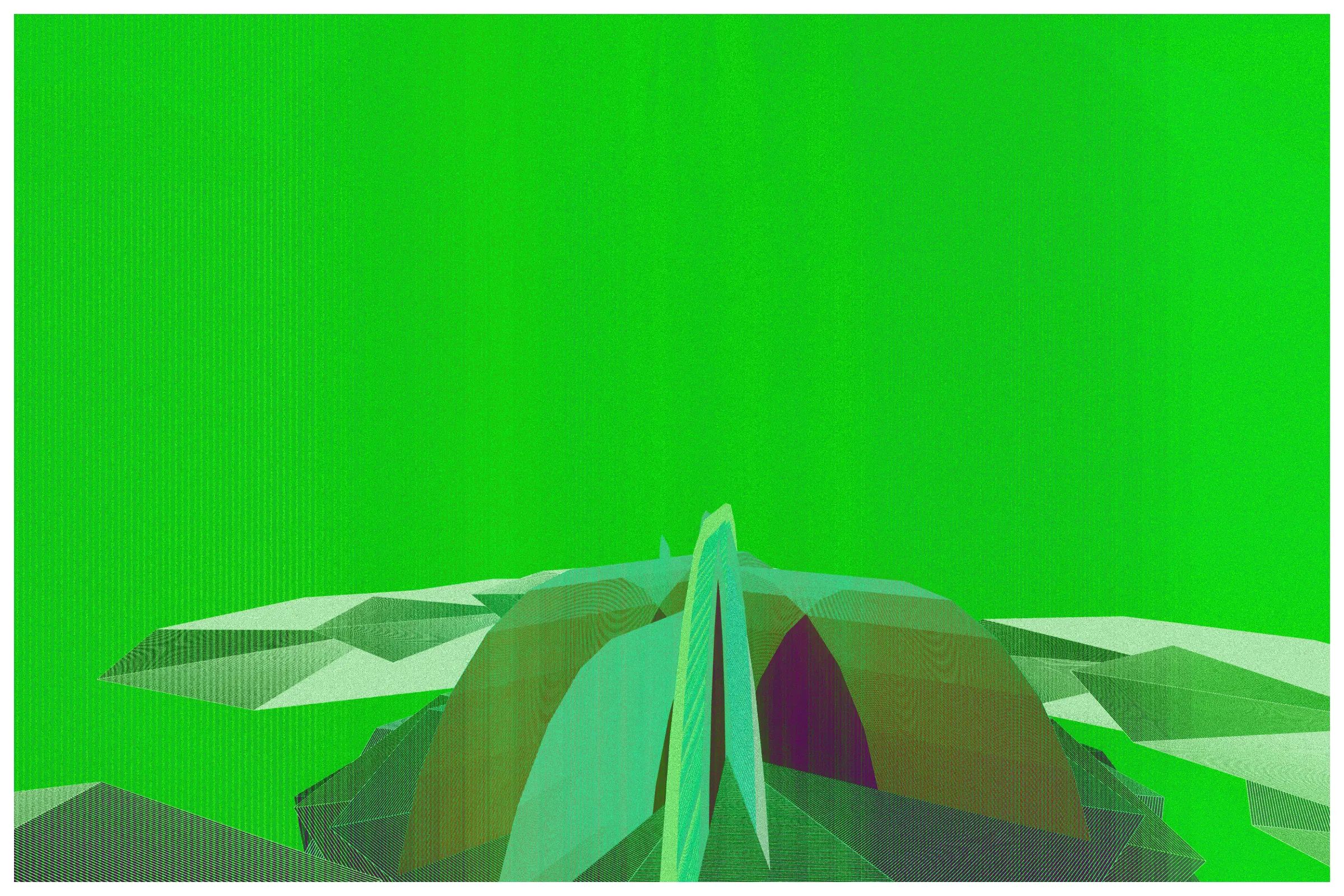ToSolaris #25
From
ToSolaris
Artist
Iskra VelitchkovaBlockchain
Ethereum
Token standard
ERC-721
Contract address
0x0a...3676Token
23000025Scene
Solaris Landscape
ToSolaris
Scene: Solaris Landscape
- Transferred to 0xff1...E008E
- Transferred to 0x645...D30eF
Activity
No activity found.
